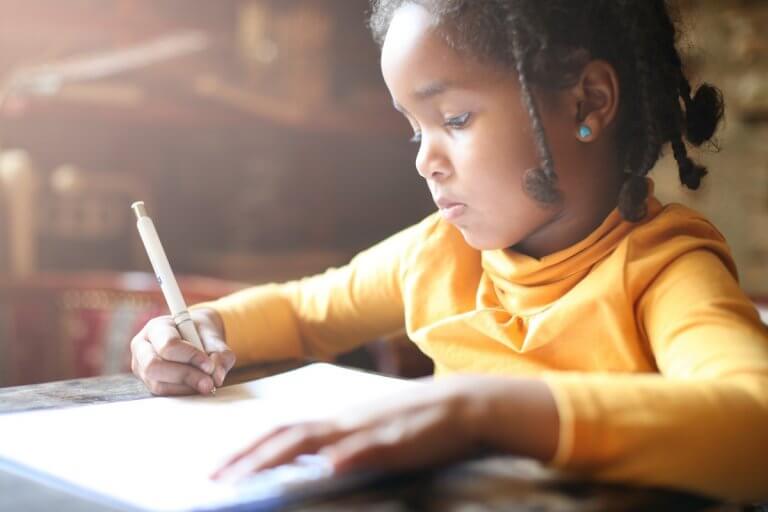
As communities and cities become increasingly diverse and nations become more globally connected, schools should ensure there is an inclusive curriculum already in place.
Curricula should be periodically updated to ensure it’s reflecting the current state of society, not how it was a century ago.
This is to show students that there are people just like them in this multicultural society, so they feel better engaged with their schoolwork and can better relate to course materials.
If there is no representation of their identity, race, religion or nationality embedded within the curriculum, many end up feeling disillusioned and demotivated.
School districts in the US are starting to recognise this, and many have started implementing a more inclusive curriculum. They are already seeing positive changes in students, reporting higher rates of achievement and better engagement.
According to OpenSocietyFoundations, “Around the world, children are excluded from schools where they belong because of disability, race, language, religion, gender, and poverty.
“But every child has the right to be supported by their parents and community to grow, learn, and develop in the early years, and, upon reaching school age, to go to school and be welcomed and included by teachers and peers alike.
“When all children, regardless of their differences, are educated together, everyone benefits—this is the cornerstone of inclusive education.”
Here’s why having an inclusive curriculum in schools is beneficial for kids.
It gives them a sense of belonging
Purposefully supporting the belonging of students with disabilities is not a superfluous task for schools. It is an essential component of being inclusive. #LeadInclusion #edchat #spedchat pic.twitter.com/YiEMvjWlP8
— (@leeannjung) June 7, 2019
Students can feel ostracised in an education system or when learning through a curriculum that’s not diverse or inclusive.
An inclusive curriculum helps them see that all walks of life are relevant and important, and that they are in a safe environment where everyone is not only accepted, but celebrated.
When everyone feels welcome and included, the students will feel more connected to the course material and more willing to learn independently.
It can also motivate kids to stay in school and pursue higher education instead of dropping out because they feel that school is “not for them”.
It gives them a broader understanding of the world
#WCWP17 @PeterMDeWitt An inclusive curriculum has to integrate into the whole school culture & community @ASCD pic.twitter.com/DszDNxEsm0
— Martin Geoghegan (@MGeoghegan22) October 22, 2017
When students leave their comfort zones and step out into the real working world, they must be prepared to deal with other cultures and people from diverse backgrounds.
An inclusive curriculum prepares them for this by exposing them early on to the different viewpoints, cultures and identities of people.
It instils in them values such as open-mindedness, empathy and cultural sensitivity so that they are better able to adjust to different working environments.
Whitney Oakley, the interim Chief Academic Officer of Guild Country Schools, told EducationDive, “We made sure that we had a culturally-relevant curriculum where students could see not only themselves in the instructional materials, but they could also see through the windows in the classroom to the world and realize the application of those materials.”
It helps them relate
“An LGBTQ-inclusive curriculum can have a positive effect on students’ self-image and make their peers more accepting.” https://t.co/VdQEK9mXt6
— PinkNews (@PinkNews) August 12, 2019
According to OpenSocietyFoundations, “An inclusive curriculum includes locally relevant themes and contributions by marginalized and minority groups. It avoids binary narratives of good and bad, and allows adapting the curriculum to the learning styles of children with special education needs.”
For example, a bill has just been passed in Illinois to teach students about contributions to American society by the LGBTQ community.
Mike Ziri, Public Policy Director of advocacy group, Equality Illinois, said, “We hope this will show LGBTQ young folks that people like them have made great contributions to history and society.”
Liked this? Then you’ll love…
Making recess more inclusive for children with autism
Supporting childhood development through inclusive education







